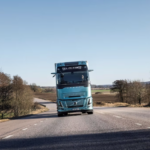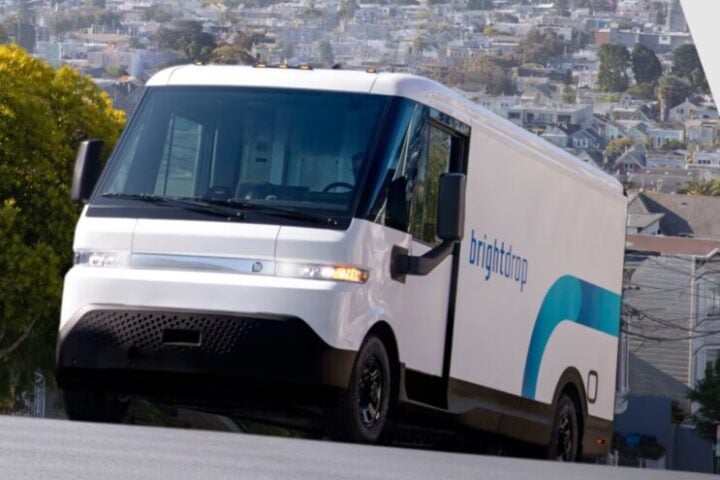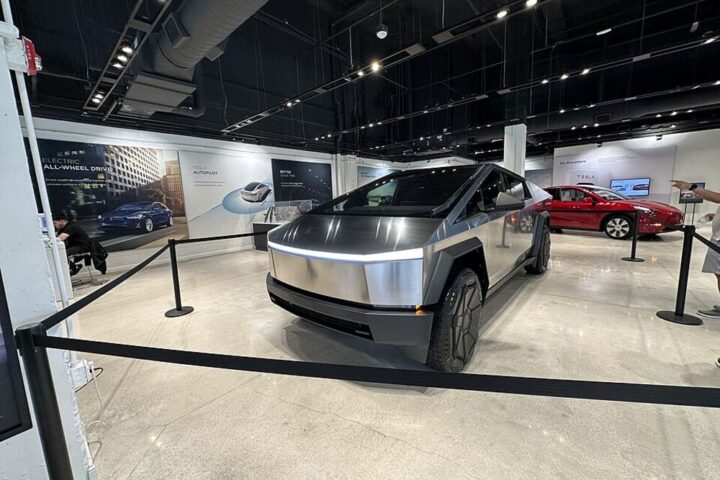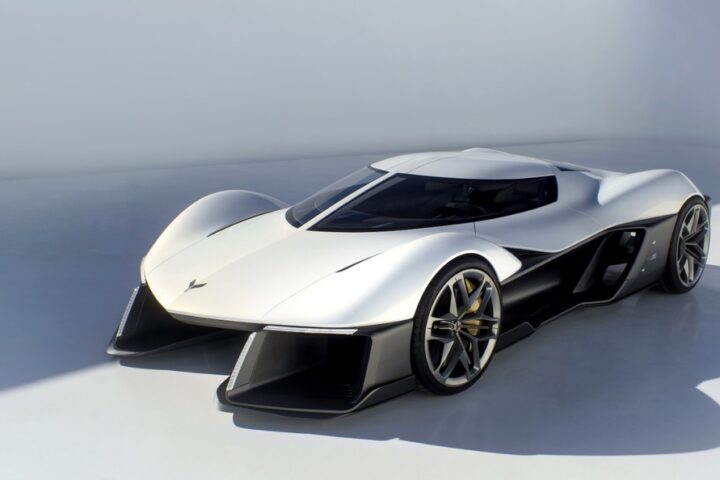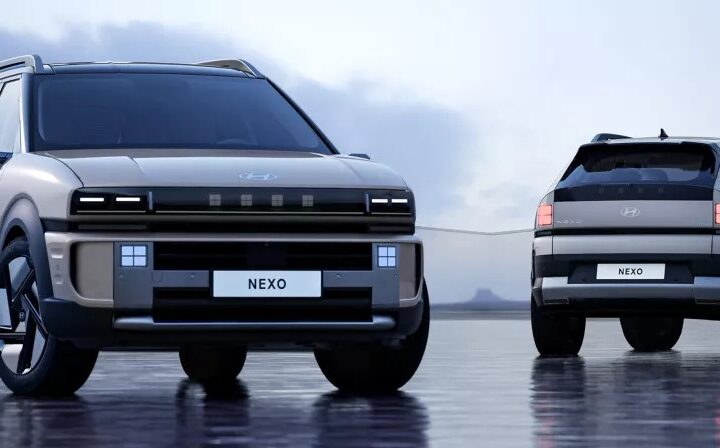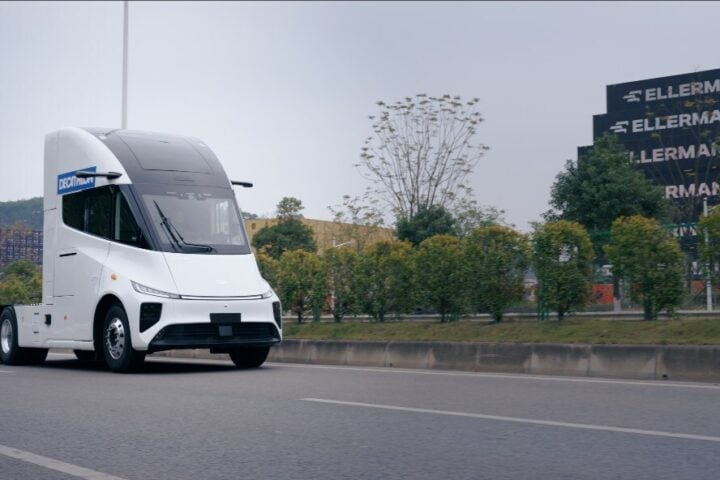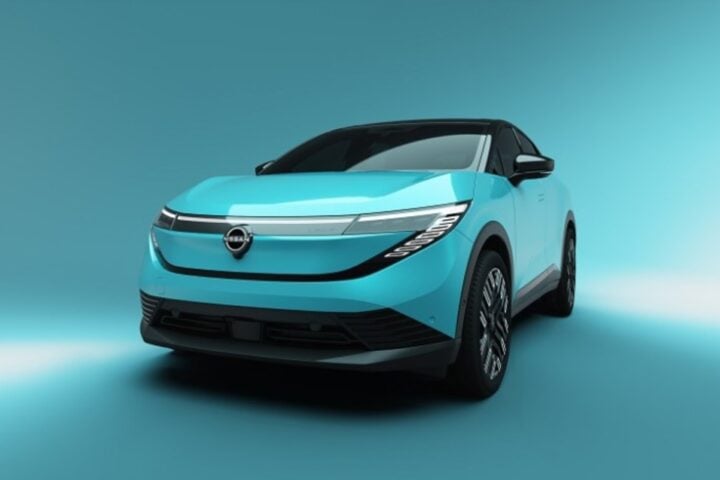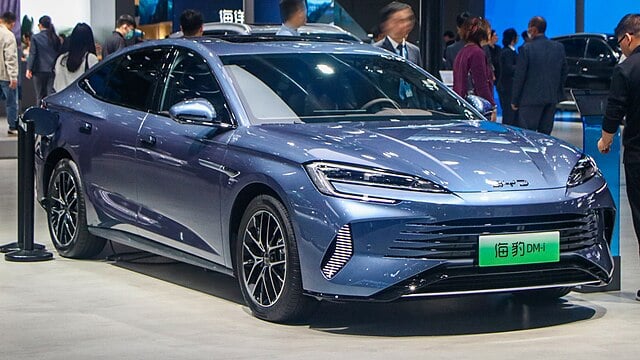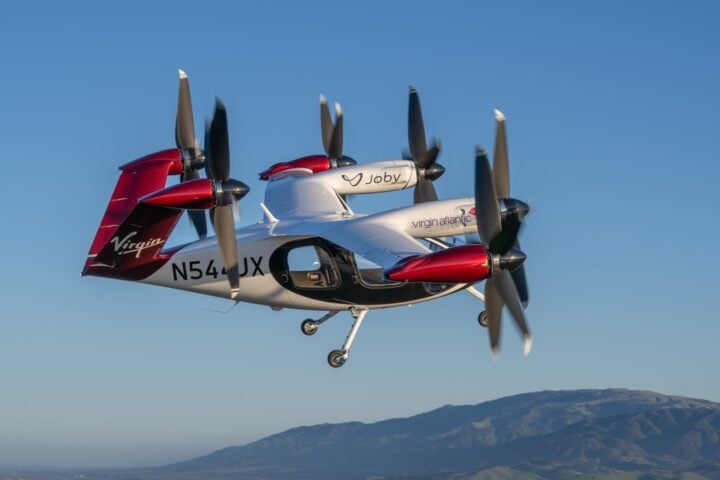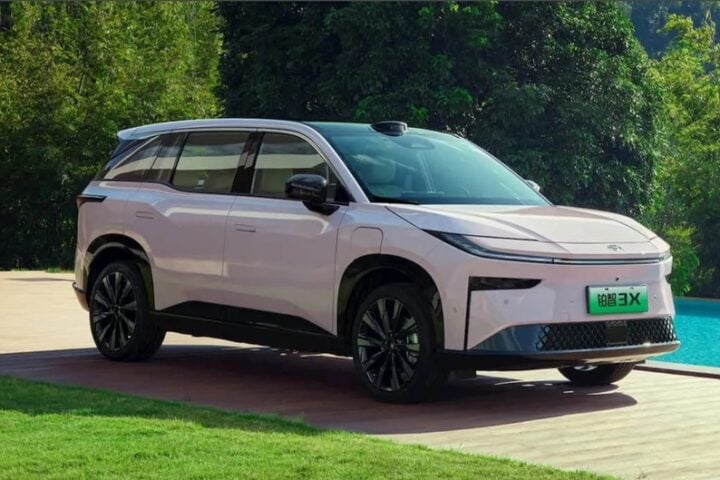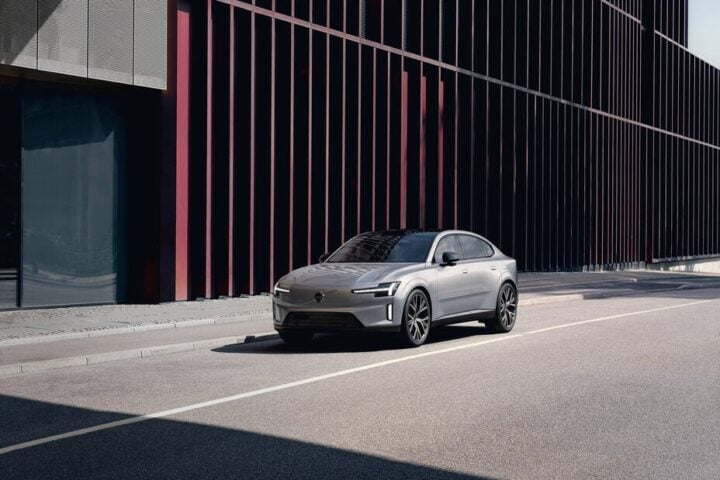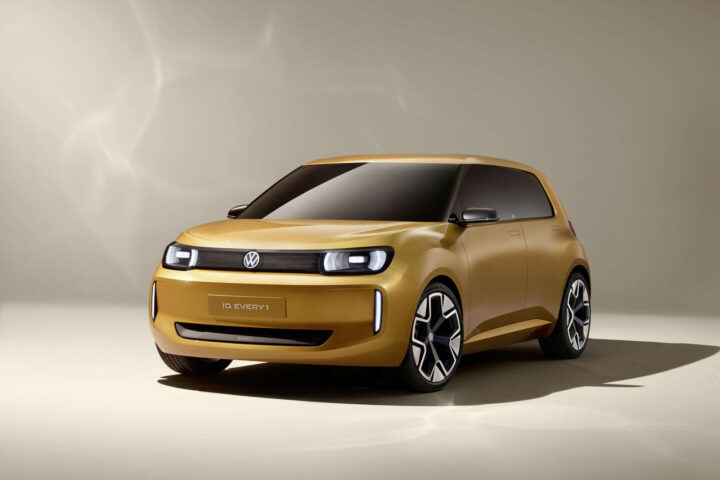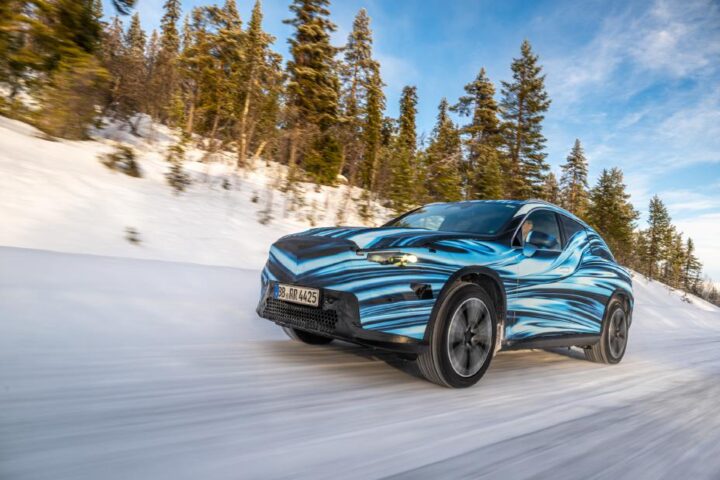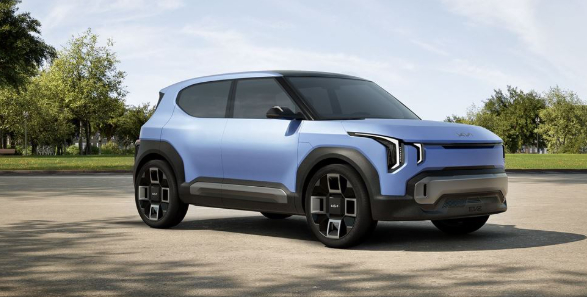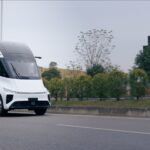Volvo Trucks is ready to launch a new variant of their FH Electric truck, which is capable of achieving up to 600 kilometers of range on a single charge. It is set to hit the market in the second half of 2025, this model represents a significant leap in long-distance electric transport. The longer range will allow transport companies to utilize electric trucks for interregional and long-distance routes, enabling a full working day without needing to recharge.
Cutting-Edge e-Axle Technology: The Key to Extended Range
The breakthrough in achieving 600 kilometers of range comes from Volvo’s new driveline technology, the so-called e-axle. This innovative system maximizes battery space, enabling significantly greater capacity on board. The truck will feature more efficient batteries, a further improved battery management system, and enhanced efficiency in the powertrain, all of which contribute to the extended range.
Addressing customer demands: Increased battery capacity and software upgrades
Volvo’s new electric truck is specifically designed to meet customer needs, such as maximizing battery capacity and improving the truck’s software to boost overall performance. The software upgrades will be crucial in optimizing battery use and increasing the truck’s overall driving efficiency, making it a viable solution for companies with high annual mileage and strong commitments to reducing CO2 emissions.
A Leader in Global Electrification: Expanding the FH Electric Portfolio
Volvo Trucks has firmly established itself as a global leader in the electrification of medium- and heavy-duty trucks. Till date, the company has delivered over 3,800 electric trucks to customers in 46 countries, supporting a wide range of applications such as city distribution, construction, waste management, and now, long-distance transport. Its portfolio includes eight different models, showcasing its commitment to providing solutions across various sectors.
SIMILAR POSTS
Tackling Infrastructure Challenges for Electric Trucking
While the introduction of this 600 km-range truck is a game-changer, Volvo acknowledges the need for expanded charging infrastructure to support the rise of electric long-haul trucks. The availability of fast-charging stations and an improved power grid will be key to ensuring the smooth operation of these vehicles across extended routes. This is an industry-wide challenge that Volvo is addressing through partnerships and ongoing investments in charging networks.
Net-Zero Goals by 2040: A Three-Path Strategy for Sustainable Transport
Volvo’s push towards net-zero emissions by 2040 is driven by a three-path strategy: battery-electric trucks, fuel-cell electric trucks, and combustion engines powered by renewable fuels such as green hydrogen and biogas. This comprehensive approach positions Volvo as a leader in sustainable transport solutions, catering to diverse needs within the freight industry.
Environmental and Social Benefits: A Quieter, Cleaner Drive
Beyond reduced emissions, Volvo’s electric trucks provide significant benefits to drivers, including much lower levels of noise and vibrations. This greatly improves the work environment for truckers, making long-distance journeys more comfortable. Additionally, quieter trucks contribute to less noise pollution in urban areas.
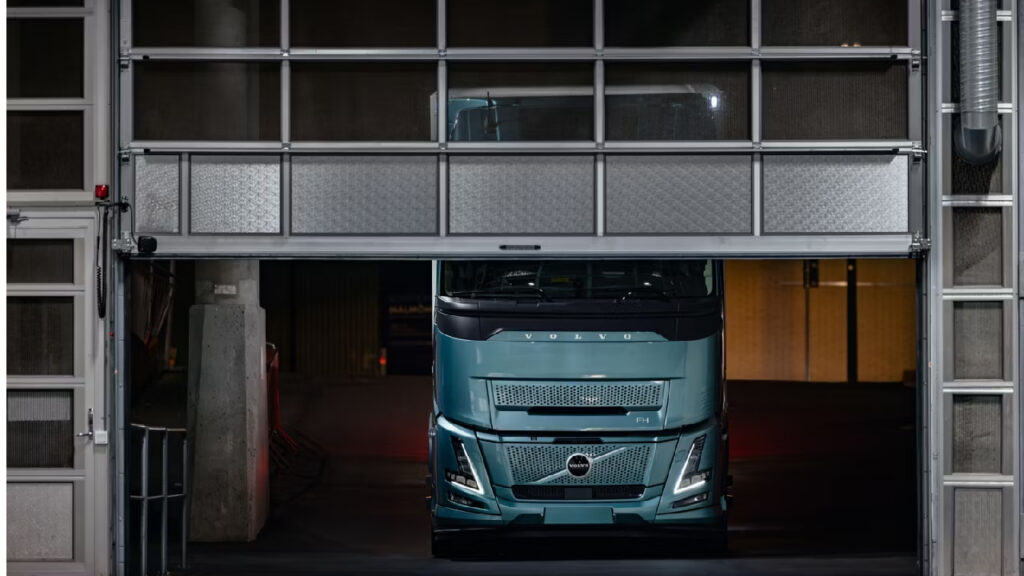
Production Expansion: Volvo’s New Mexican Plant
As part of its global expansion, Volvo is planning to open a new heavy-duty truck manufacturing plant in Monterrey, Mexico, set to be operational by 2026. This plant will focus on producing heavy-duty conventional vehicles for both the Volvo and Mack brands, further cementing Volvo’s presence in the North American market.
Challenges Ahead: Scaling the Electrification of Long-Distance Transport
The successful deployment of long-range electric trucks also depends on technological advancements in battery storage and charging times. While the FH Electric marks a significant step, the industry must continue to develop more efficient batteries and charging solutions to make long-distance electric transport fully viable.
